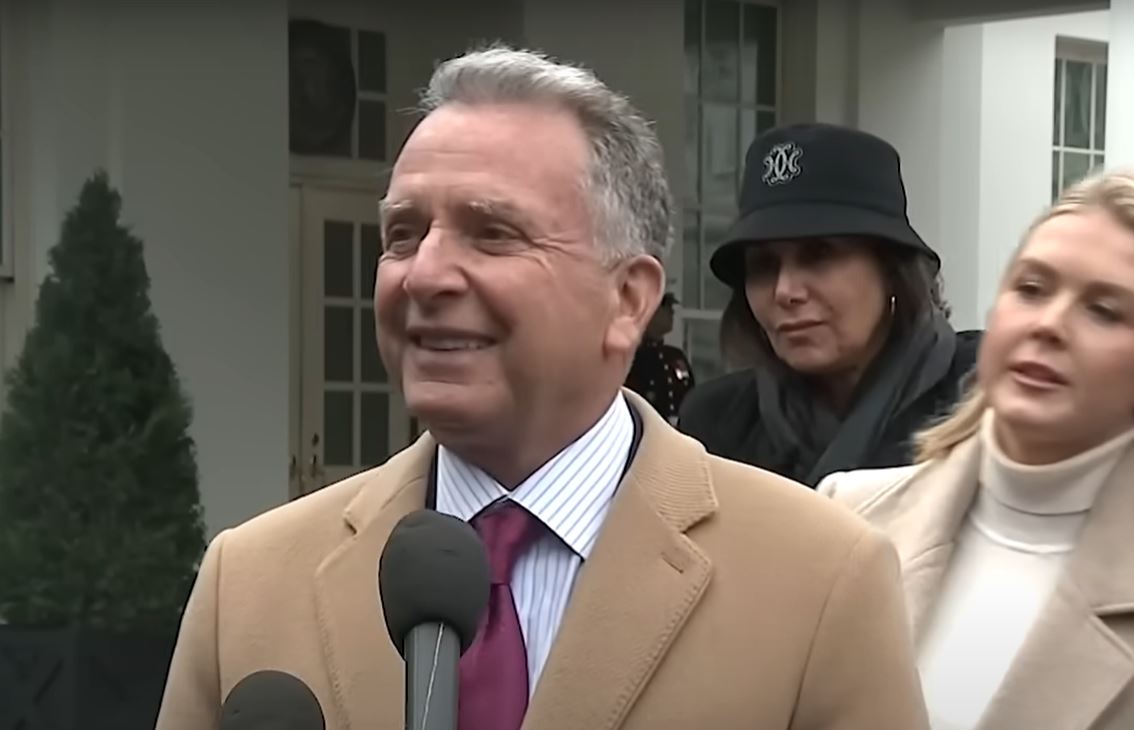Russian officials told US special envoy Steve Witkoff on 8 May that President Vladimir Putin would not discuss a 22-point peace plan drawn up with Ukrainian and European input, according to Financial Times, citing three people briefed on the discussions. The message was delivered after a Russian cabinet meeting, leading Witkoff to postpone a planned meeting with Putin originally set for this week.
The plan, aimed at securing a 30-day unconditional ceasefire, had been discussed on 9 May in a call between senior Ukrainian and US officials, including Ukraine's President Volodymyr Zelenskyy’s chief of staff Andrii Yermak, Ukrainian Defense Minister Rustem Umierov, US Secretary of State and national security adviser Marco Rubio, Witkoff, and Gen. Keith Kellogg, Trump’s special envoy for Ukraine, FT reported, referring to people familiar with the matter.
Ex-ambassador Brink says she quit over Trump’s Ukraine policy, calls it dangerous appeasement
Istanbul talks collapse without Putin
Putin later proposed direct talks in Istanbul. Zelenskyy accepted and urged Putin to attend, but the Russian president refused, sending a low-level delegation led by former culture minister Vladimir Medinsky.
The meeting on 10 May lasted less than two hours and resulted only in agreement on a prisoner-of-war swap, without any progress toward a ceasefire.
Putin won’t accept peace unless Russian empire is restored, says US ex-defense secretary Gates
European frustration and coordinated response
European leaders sharply criticized Russia’s stance. French President Emmanuel Macron stated that Russia had "no interest in a ceasefire" and warned new sanctions were forthcoming. UK Prime Minister Sir Keir Starmer said, “People in Ukraine and across the world have paid the price for Putin’s aggression... now he must pay the price for avoiding peace.”
Together with German Chancellor Friedrich Merz and Polish Prime Minister Donald Tusk, the four issued a joint statement with Zelenskyy calling Russia’s position “unacceptable.” They also held a joint phone call with President Trump, who welcomed further coordination.
Washington’s ambiguous stance draws concern
Trump’s administration has shown frustration with both sides but avoided directly condemning Moscow - a recurring pattern in Trump-era diplomacy that fails to distinguish between the aggressor and its victim. Secretary Rubio said Trump was “willing to stick with this as long as it takes to achieve peace,” but warned the US would not continue “meetings that are not going to be productive.”
An unnamed senior Ukrainian official likened the standoff to “blackjack,” with Trump as the dealer. “Putin holds a strong but risky hand,” the official said, and if he draws one more card, he could go "bust.”
peace plan, peace, talks, ceasefire, Steve Witkoff, 22-point ceasefire proposal, Istanbul talks, Putin , Ukraine-Russia negotiations, Marco Rubio, US foreign policy, prisoner swap, Emmanuel Macron, Keir Starmer, Friedrich Merz, Donald Tusk
Read also
-
Trump joins second crisis call with Zelenskyy, European leaders as Putin demands Ukraine retreat from four regions
-
More land, more war, no regrets: Russia’s demands to Ukraine in Istanbul
-
Politico: Full-blown embargo on Russia back on Europe’s table
-
“Maybe more of your loved ones will die”: Russia’s threat at Ukraine peace talks revealed

